Being in Germany during such a critical moment in US history is strange, scary — and I hate to say, slightly welcome.
This is the first time in five years I haven’t been in a control room on election night, and while I don’t miss the stress of vote counting or sprinting to pick up scripts, I do ache for the camaraderie and sense of purpose working alongside my colleagues.
I know this won’t be the only election that matters in my lifetime, but it will certainly have lasting ramifications for the rest of my life — and my kids too, if I choose to have them.
This week, I struggled with what to recommend. Real talk — is anyone even able to read when scrolling endlessly feels far more natural?
Would y’all appreciate non-fiction political science books? Novels about other pivotal moments in history? More fluffy comfort books to decompress for a while?
Personally, I have found myself reaching for the words of people I trust — journalists and writers who help us make sense of times like these.
Increasingly, though, Americans don’t believe journalists have their best interest at heart. Local newsrooms have been gutted; an average of 2.5 newspapers closed each week last year, with rural and poor areas being disproportionately affected. More and more, people turn to places like Facebook or TikTok for their main source of information. Meanwhile, comments about “shooting through” the media barely last a news cycle. Women reporters are dinged for “rude” and “nasty” questions. Ideas are entertained about jailing reporters who don’t give up sources.
All of this has been weighing heavily on my mind, and for this week’s edition of Bookpeach, I’d like to highlight work from a few journalists I particularly admire.
These women cover varying topics— war, healthcare, abuse. If you’re looking for political analysis or Trump reporting right now, these books aren’t for you. But if you are also craving journalism that shows the “power of the pen,” I think you’ll get a lot from these four books.
These writers show how in-depth journalism can expose wrongdoing, make the world more comprehensible, and maybe — just maybe — inject us with some sorely needed empathy and understanding.
On All Fronts by Clarissa Ward
You may already know Ward for her nonpareil work as a conflict reporter. Since 2022, she has been on the ground covering the devastating calamity and human suffering in Ukraine. She reported from a floating barge in Pakistan while 2/3 of the country was underwater. Sadly, she still remains the only Western journalist who has gained independence access into Gaza. And that all came after this book was published.
While the stories in this book (from Syria, Russia, and Afghanistan) are awe-inspiring, I most appreciated the unvarnished presentation of her life behind the scenes — struggling to adjust to “regular” society after covering a war zone, worrying over her son who has special needs. I am also grateful she doesn’t deny her extremely privileged upbringing (or that she is married to literal royalty?).
Overall, I came away from this book with a deeper gratitude for conflict reporting — and with the full recognition I could never be as brave as she is. (As of this writing, her team is back safe after being held hostage in Darfur).
We Were Once a Family by Roxanna Asgarian
I find Asgarian to be a much more relatable journalist. She’s the kind who lets a story hook into her, and she works for years chasing down all of the threads of one case.
You may remember the tragic — and highly sensationalized — story of the Hart family murder/suicide from 2018. For context, two women adopted six Black children and filled their social media with how amazing and progressive they were for doing this. Flash forward a few years, and they drove all of the children off a cliff. There were no survivors.
Instead of psychologically unpacking the Hart couple, Asgarian focuses on the system that failed these children. In her book, you see the many warning signs, and witness how time and again, Texas CPS turned a blind eye. This book left me emotionally gutted and showcased the power of bootstrap, door-knocking investigations.
(Bookshop)
She Said by Jodi Kantor and Megan Twohey
You may have already seen the movie, but I promise this book is well worth the read.
In She Said (2019), you spend time with Kantor and Twohey, the two New York Times investigative reporters who exposed Harvey Weinstein's history of abuse and sexual misconduct against women.
Like Asgarian, these journalists are less interested in the perpetrator himself, and instead show how existing structures allowed his monstrous actions to flourish.
Twohey and Kantor are continuing to do amazing work — covering dark money, healthcare, and the Supreme Court. Also, remember Twohey’s groundbreaking reporting on Kanye from 2023?
Give this book a read. It’s well worth it.
(Bookshop)
No Ordinary Assignment by Jane Ferguson
My friend Ellie sent me this book a few years ago, and at the time, I was sick of reading nonfiction. This summer while packing for Berlin, I finally picked it up, and I’m so glad I did.
Ferguson is also a seasoned war reporter. But unlike Ward, she didn’t arrive to the field with much polish or pedigree. Before her career began, she worked at a chicken slaughterhouse in Northern Island, and then jumped from freelance assignment to freelance assignment, barely having enough money to keep it together. Her book pulls back the curtain of glossy TV news and shows the impact of trauma and pervasive sexism in the industry.
When asked why she chose to be so brutally honest in No Ordinary Assignment, Ferguson replied that “at a time when trust in journalism is at a historic low, that level of transparency and honesty really appealed to me.”
Sovietistan by Erika Fatland
Although Fatland is an anthropologist and writer, I chose to include her because this book is journalism. Using “fixers” (an industry term for the invaluable local folks who help you in a foreign country), Fatland, a Norwegian who speaks eight (!) languages, gained access to deeply misunderstood parts of Central Asia. In Sovietistan (2015), she details life in five highly secretive former Soviet Republics — Kazakhstan, Kyrgyzstan, Tajikistan, Turkmenistan and Uzbekistan.
Before reading Sovietistan, I knew very little about life in these countries after the fall of the Iron Curtain. Fatland’s book showcases communities that rarely receive international attention — like young brides in Kazakhstan and victims of nuclear fallout. She even travels incognito through Turkmenistan, a country that is de-facto closed to journalists.
As a travelogue, Sovietistan is rare and indelible — I always recommend to friends.
📚 On my shelf
I just finished Piglet from debut novelist Lottie Hazell and *loved* it. (Or should I say, devoured it… Readers will understand 😉). This book follows a woman two weeks from her wedding, dealing with betrayal, disappointing family, and an unquenchable hunger. Part body horror, part love story — this book amazed me. I’m excited to see what she has in store next.
After the election, I needed something engrossing and fun. The Examiner from Janice Hallett did the trick. This author of cozy British mysteries has been a bit hit or miss for me, but this one, like The Appeal, really landed. It comes out in the US later this month.
I have a daunting TBR right now, with Plaything from Bea Setton and The Wedding People by Alison Espach topping the list. Anyone read either?
📚 Links and Things
I saw Anora last week and actually really loved it! I went in with mixed expectations because while I loved the director’s other movie (The Florida Project), I don’t usually vibe with these kinds of rollicking stressfests. Overall, I recommend! One of my favorite podcasts did a great recap if you’re interested.
A good long read on how loneliness + technology are interlinked.📱
Some essays worth your time:
Lindsey Stanberry writes one of my favorite Substack newsletters — The Purse. Although she focuses on personal finance, her piece about the election is worth a read: Where do we go from here?
Jia Tolentino’s matter-of-fact essay about the gender war.
David Brooks “Do you see me now?”
Maris Kreizman with some much needed good book news in Lit Hub.
As always, thank you all for reading and sending so much love 💛
XOX
Alli

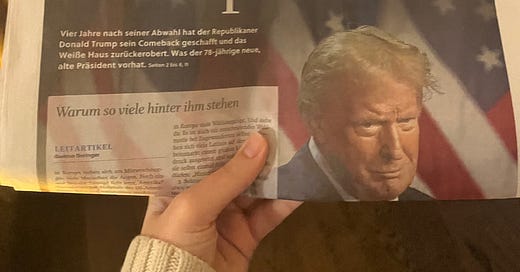



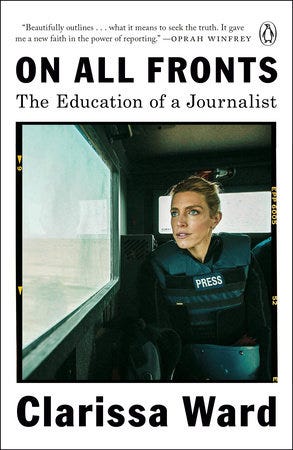
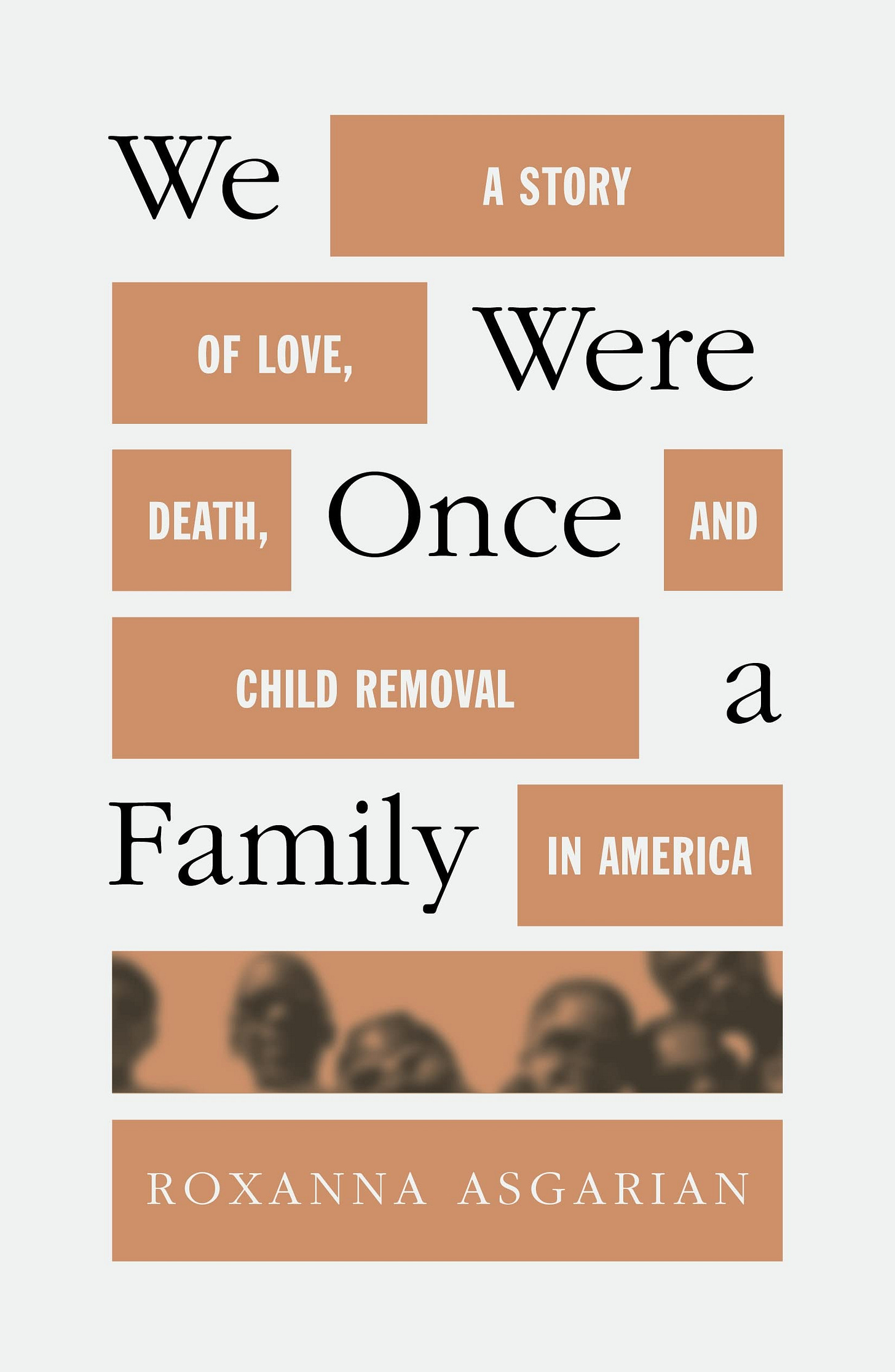
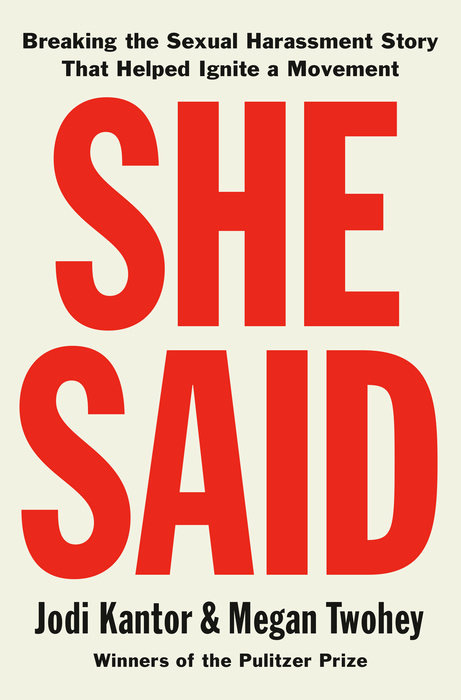
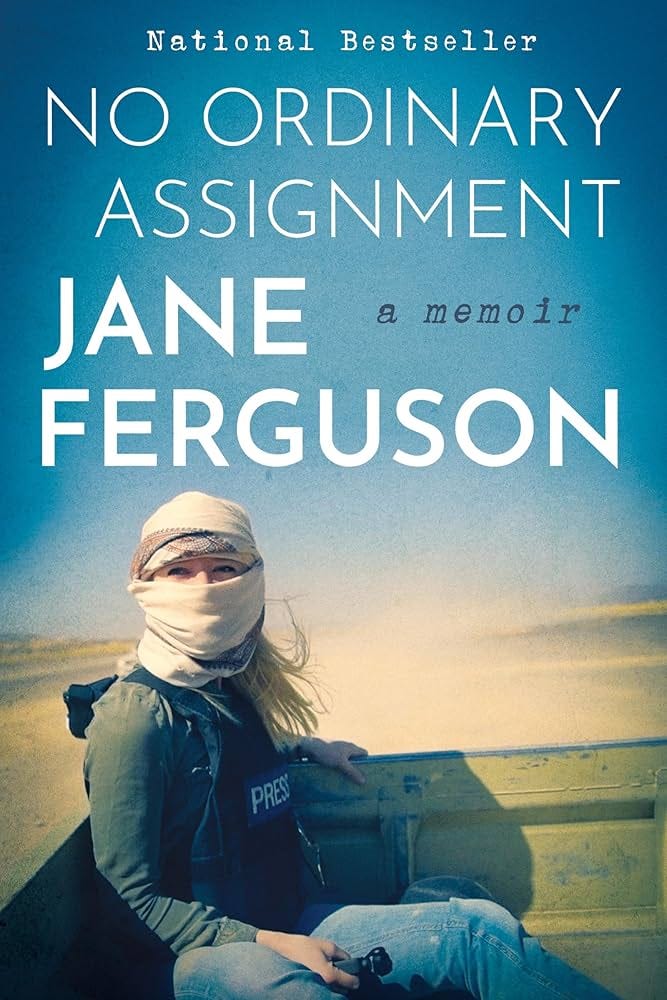
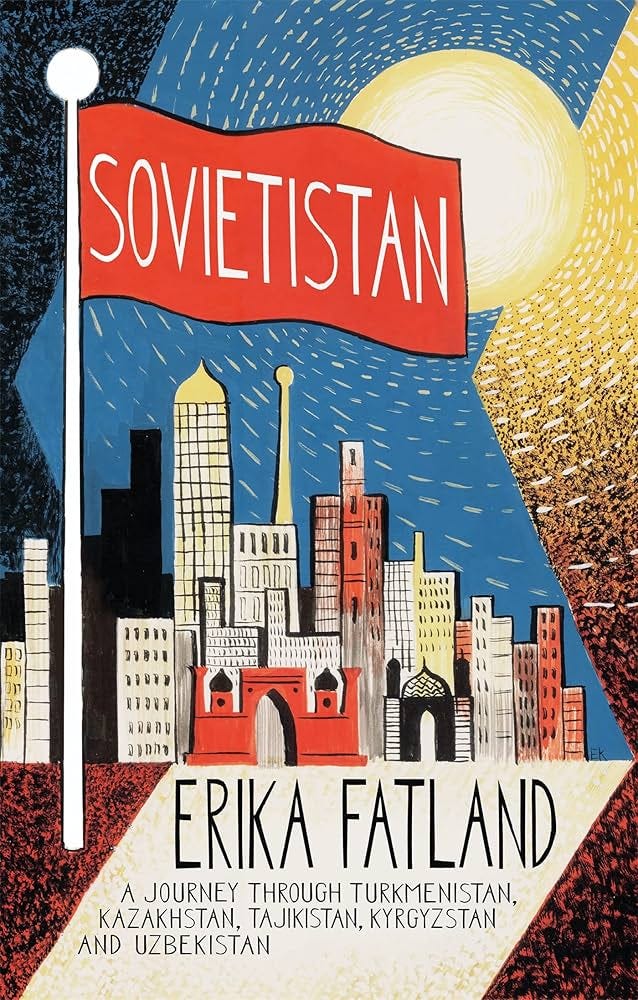
Thank you for this. Also - Aja and I both loooved Anora too!
Now you’ve filled my spirit and brain with exciting ideas and books to read, where to start? Love seeing your interest in women journalists across the world. I’m going to begin with one of them (whichever is shortest!). It feels really good to read your words and thoughts. Stay well 😘